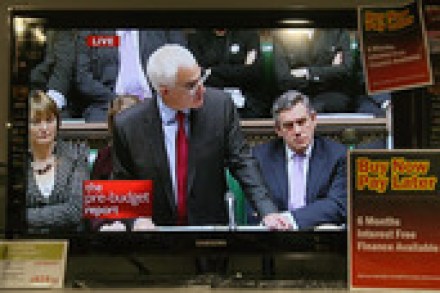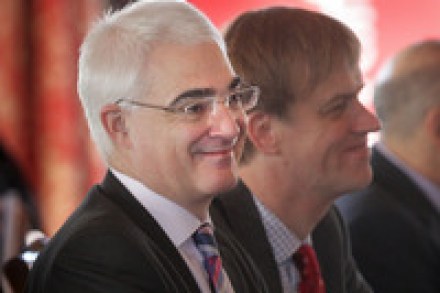20 percent Vat is likely whoever wins the next election
I must admit that I thought that both the government and the Tories were committed to raising Vat to 20 percent after the next election. My recollection was that Vat rising to 20 percent was part of the PBR package that saw Vat temporarily cut to 15 percent and that the Tories had not opposed this part of the package. But having checked up, I see that this was not what was announced but merely what the Treasury was advocating internally. The Tories might be denying the story that they will raise Vat to 20 percent but I would be very surprised if they did not end up doing so.























